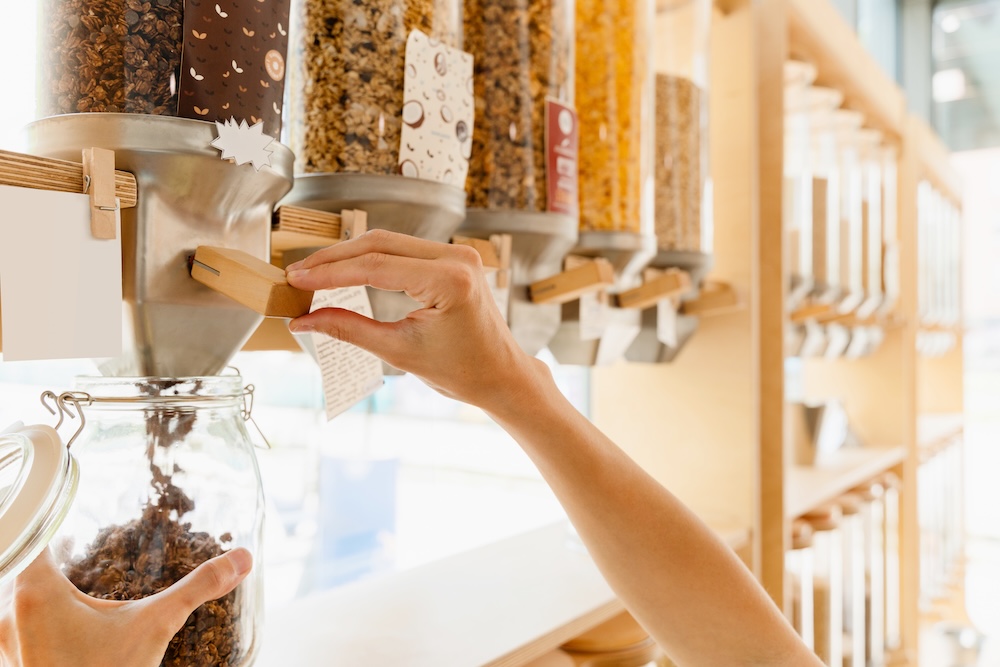Living more sustainably has become essential as climate change and resource strain intensify. Among the many approaches to sustainability, the Zero Waste Lifestyle stands out for its clarity: reduce waste, rethink consumption, and keep materials circulating instead of discarding them.
But a common misconception holds people back: that going “zero waste” means giving up everything else — convenience, style, hobbies, even entire lifestyles. In reality, zero waste is not about rigid perfection. It’s about weaving sustainable practices into your life, whether you’re a traveler, a parent, a foodie, or someone who values comfort and modern living.
What is the Zero Waste Lifestyle?
At its core, zero waste is about minimizing what we send to landfills and incinerators. It prioritizes the 5 R’s — Refuse, Reduce, Reuse, Recycle, Rot — and encourages smarter design, reuse systems, and circular economy thinking. Rather than a fixed identity, zero waste is a mindset that adapts to different lifestyles.
Benefits of Adopting Zero Waste Principles
- Environmental impact: Reducing waste means lower demand for virgin resources and less plastic and pollution.
- Financial savings: Reuse and repair often save money compared to repeated buying.
- Healthier living: Many zero-waste swaps (glass over plastic, natural over chemical-heavy cleaners) support well-being.
- Ripple effects: Individual changes influence communities, businesses, and policies to follow suit.
Zero Waste Does Not Mean One Lifestyle
This is where “blend” becomes powerful:
- A zero waste traveler might pack a reusable water bottle and filter, choose eco-lodges, and offset flights rather than avoid travel entirely.
- A zero waste parent might rely on reusable diapers part-time while still using disposables when needed, showing that progress counts more than perfection.
- A zero waste foodie might buy bulk grains, compost scraps, and enjoy local seasonal meals without giving up indulgence.
Zero waste adapts to people, not the other way around. It’s about designing sustainable habits that layer naturally onto the lifestyles we already lead.
Key Practices to Start With
Refuse Single-Use and Unnecessary Items
Say no to plastic bags, straws, or freebies you don’t need. Borrow or rent tools instead of buying them.
Repair, Reuse, and Upcycle
Fix clothing, repurpose containers, or give new life to household items. These small actions extend material use and reduce waste streams.
Composting Organics
Food scraps and yard waste don’t belong in landfills. Composting reduces methane emissions and creates nutrient-rich soil.
Support Circular Brands
Companies like Patagonia (garment take-back programs) and TerraCycle (solutions for hard-to-recycle items) demonstrate how business models can align with zero waste. Supporting these examples fuels broader change.
Overcoming the Challenges
Zero waste is not always easy. Convenience culture, lack of infrastructure, and social norms can make it feel difficult. But progress matters more than perfection. Blending zero waste with other lifestyles shows that the movement is flexible, not absolute — a system of better choices made where possible.
Final Thoughts
The Zero Waste Lifestyle is less about stripping away and more about weaving in. It does not mean giving up travel, joy, or convenience altogether — it means reshaping them responsibly. By blending zero waste principles with the lives we already live, we show that sustainability can be inclusive, adaptable, and lasting.
Every small shift — a compost bin, a borrowed item, a reusable bottle — creates ripples that grow into waves of cultural change. Zero waste is not about becoming someone else; it’s about making the life you already love more resilient for the future.








Reader Interactions